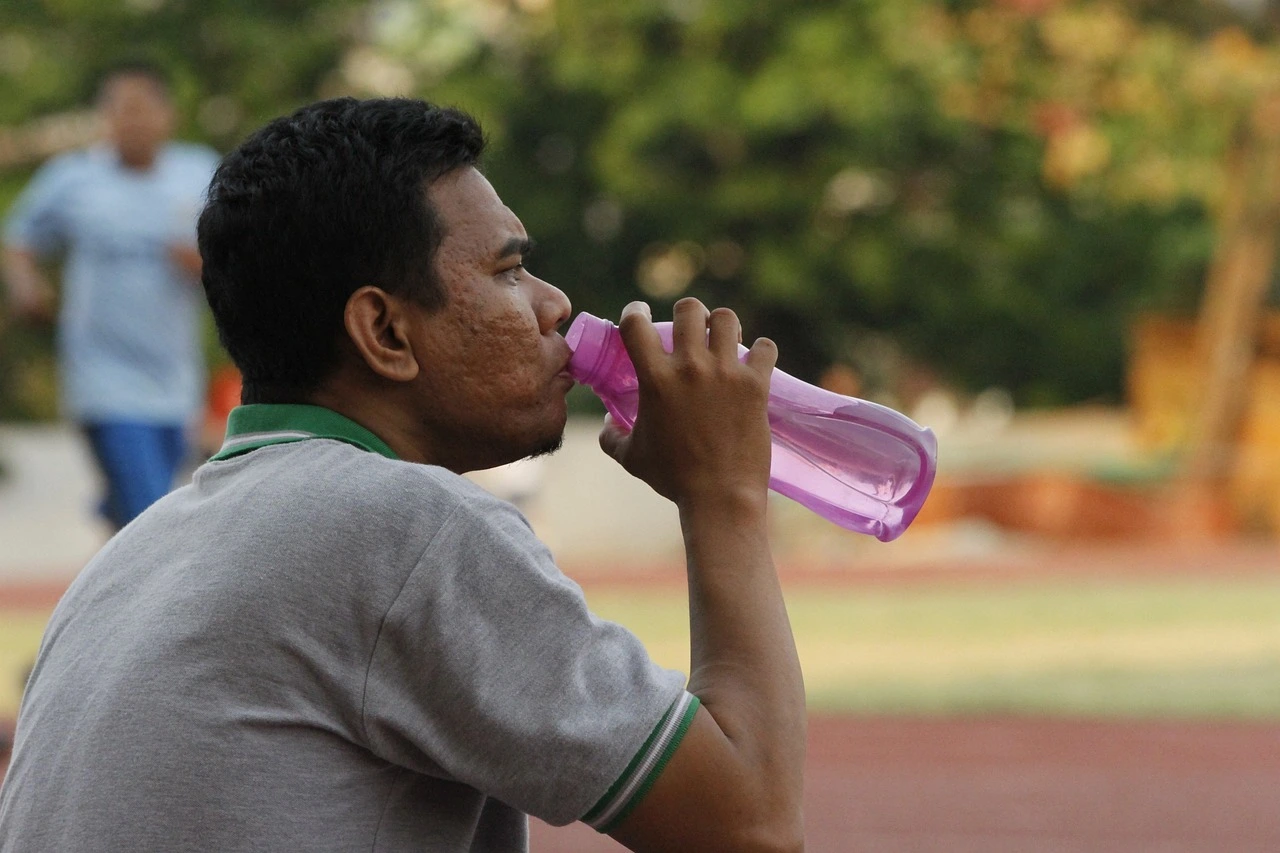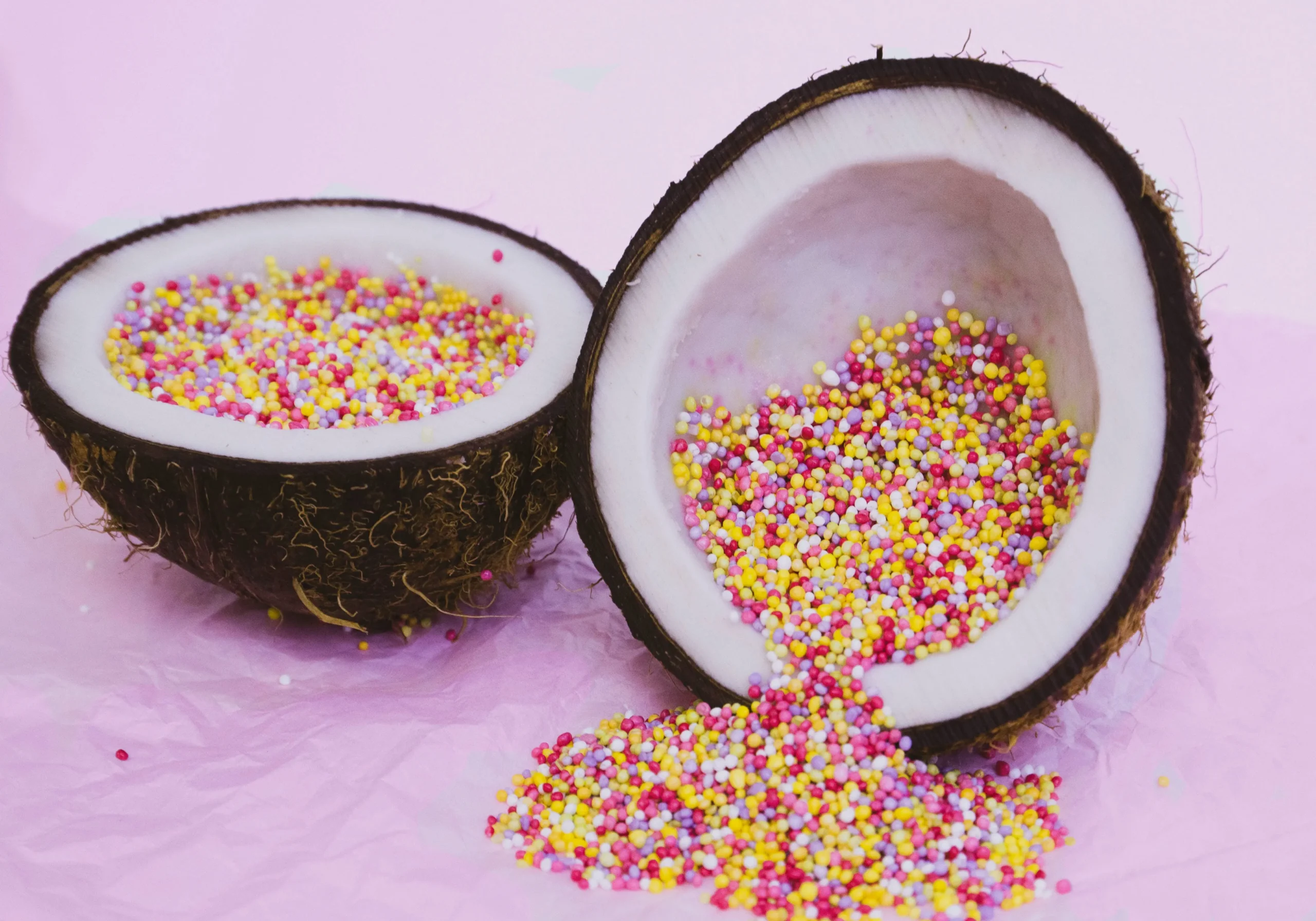Introduction to hydration and its importance in nutrition
As a nutritionist, I cannot stress enough the significance of hydration in maintaining optimal health. Water is an essential component of our bodies, making up around 60% of our total body weight. It plays a crucial role in various bodily functions, including digestion, nutrient absorption, temperature regulation, and waste removal. In this article, we will delve into the benefits of staying hydrated, the role of water in the body, how dehydration affects your health, and how much water you should be drinking to maintain proper hydration.
The benefits of staying hydrated
Staying properly hydrated offers numerous benefits that go beyond quenching your thirst. Adequate hydration helps to maintain the balance of bodily fluids, which is essential for optimal cellular function. It promotes healthy digestion by aiding in the breakdown and absorption of nutrients. Additionally, water acts as a lubricant for joints and helps to cushion vital organs, protecting them from damage. It also plays a vital role in regulating body temperature, allowing us to adapt to external environments.
Furthermore, staying hydrated can have a positive impact on cognitive function. Research has shown that even mild dehydration can impair concentration, alertness, and short-term memory. By keeping ourselves adequately hydrated, we can enhance our mental clarity and overall cognitive performance.
The role of water in the body
Water is often referred to as the “elixir of life” due to its indispensable role in our bodies. It serves as a medium for chemical reactions, enabling various metabolic processes to occur. Water is a key component of blood, which transports oxygen and nutrients to cells, and carries waste products away. It also helps to maintain the balance of electrolytes, such as sodium and potassium, which are crucial for nerve and muscle function.
Moreover, water plays a vital role in the digestive system. It aids in the breakdown of food and the absorption of nutrients in the intestines. Without adequate hydration, the digestive process can be compromised, leading to issues such as constipation and nutrient deficiencies.
How dehydration affects your health
Dehydration occurs when the body loses more water than it takes in. Even mild dehydration can have a significant impact on your health and well-being. When you are dehydrated, your body struggles to perform its essential functions, leading to a range of symptoms. These can include fatigue, dizziness, dry mouth, headache, and decreased urine output.
In the long term, chronic dehydration can have severe consequences. It can impair kidney function, as the kidneys require sufficient water to filter waste products from the blood. Dehydration can also lead to electrolyte imbalances, which can disrupt nerve and muscle function. Furthermore, it can negatively affect skin health, leading to dryness, wrinkles, and an increased risk of skin disorders.
How much water should you be drinking?
The amount of water you should drink daily depends on various factors, including your age, sex, activity level, and climate. A general guideline is to aim for at least eight 8-ounce glasses of water per day, also known as the “8×8 rule.” However, this may not be sufficient for everyone. It is essential to listen to your body and increase your fluid intake if you feel thirsty or are engaged in physical activity.
Another useful approach to determine your hydration needs is to monitor the color of your urine. Ideally, it should be a pale yellow color. Darker urine can be an indication of dehydration, while very light-colored urine may indicate overhydration. Remember, individual hydration needs can vary, so it is crucial to find a balance that works for you.
Tips for staying hydrated throughout the day
Maintaining proper hydration throughout the day requires conscious effort and healthy habits. Here are some practical tips to help you stay hydrated:
- Carry a water bottle: Keeping a reusable water bottle with you at all times serves as a reminder to drink water regularly. Opt for a bottle that is easy to carry and has a volume measurement to track your intake.
- Set reminders: In our busy lives, it is easy to forget to drink water. Set reminders on your phone or computer to prompt you to take regular sips throughout the day.
- Infuse your water: If you find plain water boring, try infusing it with fruits, vegetables, or herbs for a refreshing twist. Citrus fruits, berries, cucumber, and mint are excellent options to add flavor without calories.
- Eat water-rich foods: Many fruits and vegetables have high water content and can contribute to your overall hydration. Include hydrating foods like watermelon, cucumbers, oranges, and tomatoes in your diet.
- Limit diuretic beverages: Certain beverages, such as caffeinated drinks and alcohol, can increase urine production and lead to dehydration. Limit your intake of these diuretic beverages and balance them with adequate water consumption.
Other sources of hydration besides water
While water is the best beverage choice for hydration, other fluids and foods can contribute to your overall hydration status. Herbal teas, unsweetened fruit juices, and low-sodium broths can provide hydration while adding flavor to your routine. Additionally, foods with high water content, such as soups, smoothies, and juicy fruits, can also contribute to your daily fluid intake.
However, it is essential to be mindful of added sugars and excessive sodium in certain beverages and foods. Read labels and choose options that are low in added sugars and sodium to maintain a healthy balance.
The connection between hydration and weight loss
Hydration and weight loss are closely linked. Drinking an adequate amount of water can support weight management efforts in several ways. Firstly, water can help to increase feelings of fullness, reducing overall calorie intake. By staying hydrated, you are less likely to mistake thirst for hunger, preventing unnecessary snacking or overeating.
Secondly, water plays a crucial role in the metabolism of stored fat. When your body is dehydrated, it can slow down the rate at which it burns fat. By maintaining proper hydration levels, you can optimize your body’s fat-burning potential and support your weight loss goals.
Lastly, choosing water over high-calorie beverages can significantly reduce your overall calorie consumption. Sugary drinks like soda and juice can contribute a substantial amount of calories without providing the same level of hydration or nutritional value.
Hydration for athletes and active individuals
For athletes and active individuals, proper hydration is even more critical. During physical activity, the body loses water through sweat to regulate body temperature. Inadequate fluid intake can lead to dehydration, which can impair performance, decrease endurance, and increase the risk of heat-related illnesses.
To stay adequately hydrated during exercise, it is essential to drink fluids before, during, and after physical activity. Aim to consume 16-20 ounces of water or a sports drink at least 2 hours before exercise. During exercise, drink 7-10 ounces of fluid every 10-20 minutes, depending on the intensity and duration of your activity. After exercise, replenish your fluids by drinking at least 24 ounces of water for every pound of body weight lost during exercise.
Conclusion: Make hydration a priority for optimal nutrition
In conclusion, staying hydrated is a fundamental aspect of overall nutrition and well-being. Water plays a vital role in countless bodily functions, and dehydration can have detrimental effects on your health. By understanding the benefits of staying hydrated, the role of water in the body, and how much water you should be drinking, you can make hydration a priority in your daily life.
Remember to drink water regularly throughout the day and listen to your body’s thirst signals. Incorporate healthy habits, such as carrying a water bottle, setting reminders, and eating water-rich foods. For athletes and active individuals, pay special attention to hydration during exercise to optimize performance and prevent dehydration-related issues.
Make hydration a part of your lifestyle, and you will reap the rewards of enhanced well-being, improved cognitive function, and overall better health.
CTA:
Commit to prioritizing hydration in your daily life. Start by setting reminders on your phone to drink water regularly and carrying a reusable water bottle wherever you go. Experiment with infused water and incorporate hydrating foods into your diet. Remember, proper hydration is essential for optimal nutrition and overall health. Cheers to a well-hydrated and healthy future!



